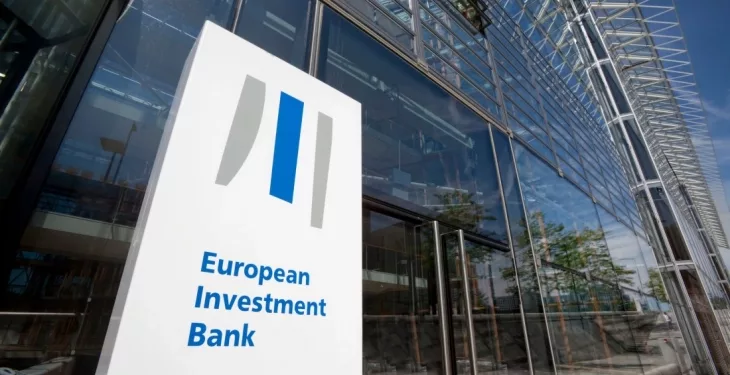— German Chancellor Olaf Scholz and the premiers of the country’s 16 states are set for talks about health policy on Monday, given the rapid spread of Covid-19, particularly the more transmissible Omicron strain.
The leaders are expected to confirm that current measures are to remain in place, as there was no indication that they would impose significantly tighter rules, or that they would relax the current regulations, ahead of their meeting. However, a range of questions have yet to be answered.
Health Minister Karl Lauterbach has called for a decision on prioritizing polymerase chain reaction (PCR) tests for certain groups. Laboratory capacities are becoming stretched as case numbers rise and Lauterbach has proposed that capacity be kept for health care workers in settings where testing is crucial.
Leaders are also expected to consider whether to reduce the amount of time following an infection when people are considered to have “recovered,” and therefore be immune. Scientists have recommended shortening this period to 90 days, instead of six months. However, should this be decided, it remains unclear how apps that show people’s vaccination history would be adjusted.
Meanwhile as infections spread rapidly, many have come to question the utility apps that notify people if they have been in contact with someone who later tests positive. One state health minister, Karl-Josef Laumann of North Rhine Westphalia, has called on the federal government to develop the official warning app, to show the holder’s vaccination status at a glance nationwide.
Meanwhile some are demanding that vaccination be made mandatory, a step that Austria has already taken. However, scientists are divided on the issue. The meeting comes as scientists predict there will be hundreds of thousands of new infections every day in mid-February. Many fear high quarantine figures could lead to bottlenecks in health, education, transport and logistics, among other sectors.





